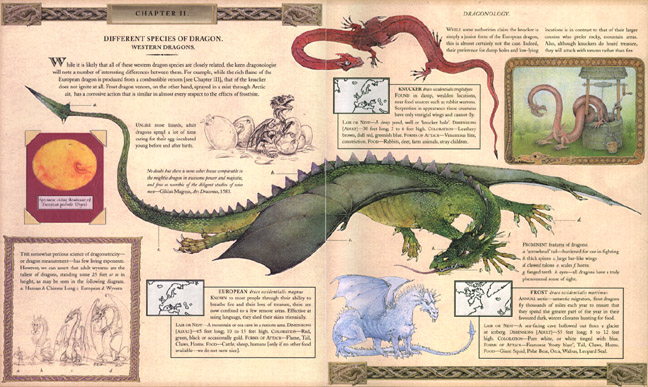

Under Vesuvius, a volcano on the Italian mainland, lay another giant, Mimas (pronounced MYE-muhs). Thereafter, he lay imprisoned under the island, breathing his fiery breath out through the volcano called Etna. As the giant Enceladus (pronounced en-SEL-uh-duhs) ran from the battlefield, the goddess Athena (pronounced uh-THEE-nuh) smashed him with the island of Sicily. For example, during the struggle in which the Greek gods overcame the giants, several fallen giants became part of the landscape. The Greeks used this battle to explain features of the natural world. Many Greek sculptors and artists depicted the Gigantoma-chy, with the gods' victory over the giants, as the triumph of Greek civilization over barbarism, or of good over evil.

The gods fought back strongly, and Heracles picked off the giants one by one with his arrows. The two sides met in batde at the home of the giants, a place called Phlegra (pronounced FLEE-gruh “Burning Lands”)- The giants hurled huge rocks and mountaintops and brandished burning oak trees. Zeus therefore fathered a son, the mighty Heracles (pronounced HAIR-uh-kleez), whose mother was a human.

The gods needed the help of a human hero because the giants could not be killed by gods. After Gaia became angry with Zeus (pronounced ZOOS), the father of the Olympian gods, the giants and the Olympians engaged in a war to the death known as the Gigantomachy (pronounced jih-gan-TOH-muh-kee). These giants were half man, half monster, with serpents' tails instead of legs. Greek Giants The word giant comes from the Greek Gigantes (meaning “earthborn”), a race of huge creatures who were the offspring of Gaia (pronounced GAY-uh), the earth, and Uranus (pronounced YOOR-uh-nuhs), the heavens. The major sources of myths related to giants are Greek mythology, Norse mythology, and the various myths of the American Indian tribes, though other cultures also have examples of giants that appear in legend from time to time. Many different cultures have their own unique myths about giants. In some myths and legends, however, they are friendly and helpful or at least neutral. Giants often seem to be cruel and evil, although they may be merely clumsy or stupid. These mythical beings, much bigger than people, usually have human form, but some are monstrous in appearance. Giants play many different roles in myth and legend. Gigantes (Greek), Cyclopes (Greek), Rom (Ethiopian)


 0 kommentar(er)
0 kommentar(er)
